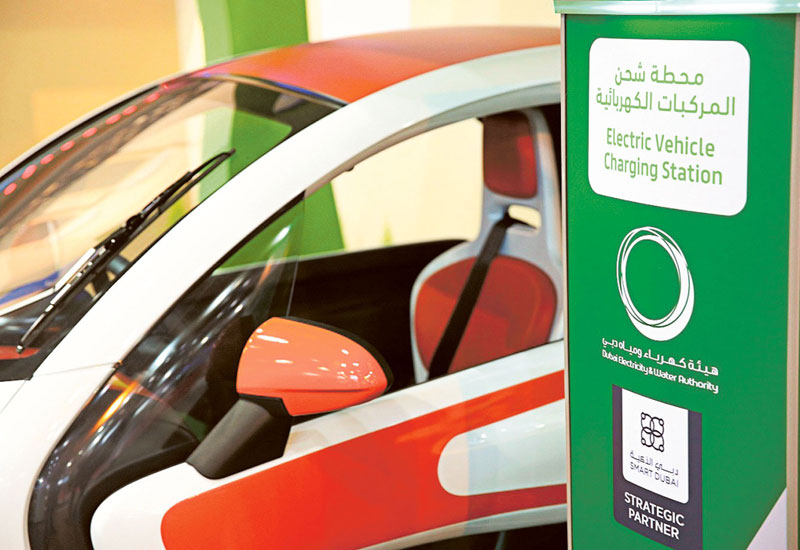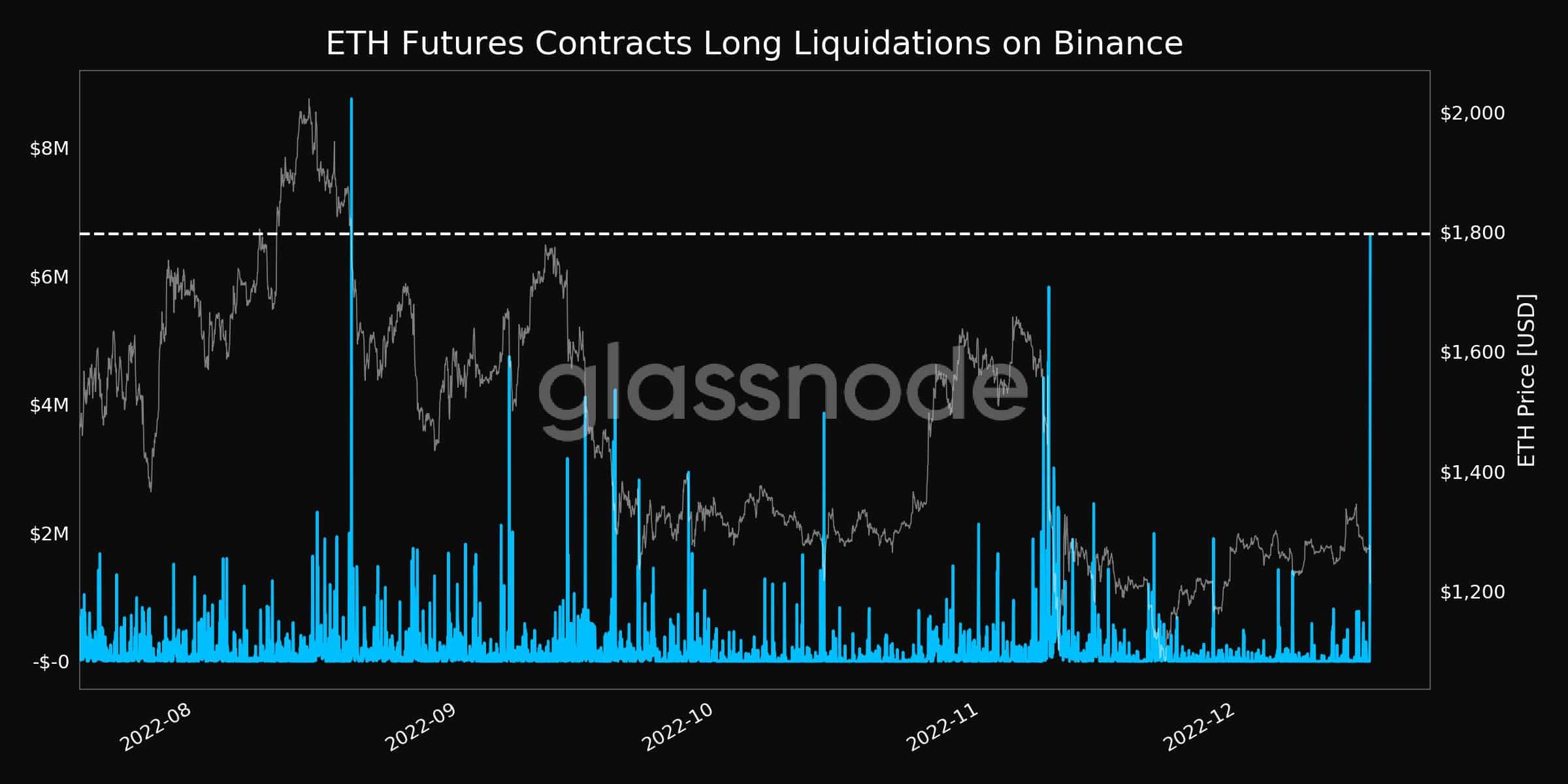The Ongoing Battle: Car Dealers Against Electric Vehicle Regulations

Table of Contents
The electric vehicle (EV) revolution is in full swing. Sales are surging, governments worldwide are enacting ambitious emissions reduction targets, and the future of transportation seems undeniably electric. Yet, amidst this rapid transformation, a significant conflict is brewing: the ongoing battle between car dealerships and increasingly stringent electric vehicle regulations. This article explores the reasons behind the dealer pushback, the potential consequences, and the strategies dealerships are employing to navigate this challenging new landscape.
Financial Concerns Driving Dealer Resistance to EVs
The core of the conflict lies in the financial implications of the EV transition for dealerships. The shift from gasoline-powered vehicles to EVs presents a complex set of financial challenges that threaten their traditional business model.
Reduced Profit Margins on EV Sales
EVs, while promising environmentally, present a significant challenge to dealerships' profitability. The reduced complexity of electric powertrains means fewer parts are required for repairs and maintenance, leading to substantially lower service revenue compared to gasoline cars.
- Lower parts sales: Fewer moving parts translate to less frequent and less expensive repairs.
- Shorter service intervals: Electric vehicles typically require less frequent maintenance.
- Increased investment: Dealerships need to invest in specialized tools, training, and equipment to service EVs effectively, representing a significant upfront cost.
Studies suggest that profit margins on EV sales are considerably lower than those on internal combustion engine (ICE) vehicles. This discrepancy is a major source of concern for dealers already operating on tight margins.
Inventory Management Challenges
Managing EV inventory presents unique logistical hurdles. Longer lead times for EV production, coupled with fluctuating demand, make accurate forecasting challenging.
- Storage and charging: Storing EVs requires dedicated space and charging infrastructure, adding to overhead costs.
- Depreciation risk: Unsold EVs may depreciate more rapidly than gasoline cars, leading to potential financial losses.
- Demand uncertainty: The unpredictable nature of consumer adoption in various regions makes inventory planning a risky proposition.
Impact on Existing Sales Staff and Training
The transition to EVs necessitates significant changes in sales staff training and expertise.
- Retraining costs: Dealerships must invest in training their sales staff on EV technology, features, and charging infrastructure.
- Specialized technicians: A shortage of qualified technicians skilled in EV repair and maintenance is also a significant concern.
- Potential job displacement: Some fear that certain roles may become redundant as the service requirements for EVs differ from those of ICE vehicles.
Concerns About the Future of the Automotive Dealership Model
Beyond immediate financial concerns, dealers are grappling with the potential disruption of the entire automotive dealership model.
The Threat of Direct Sales Models
Many EV manufacturers are adopting direct-to-consumer sales models, bypassing traditional dealerships altogether. This poses a significant threat to the established franchise system.
- Diminished role: Dealerships could lose their exclusive rights to sell specific brands, reducing their market share and influence.
- Franchise agreements: Existing franchise agreements may need renegotiation to accommodate the changing sales landscape.
- Reduced revenue streams: Direct sales models would eliminate or significantly reduce dealership commissions.
Shifting Consumer Preferences and Buying Behavior
Consumer buying habits are changing rapidly. Online research is becoming increasingly prevalent, and many consumers are comfortable purchasing vehicles directly online.
- Increased online research: Customers are more informed about vehicles before visiting a dealership, potentially reducing the sales staff's influence.
- Direct purchasing: The rise of online car buying platforms challenges the traditional role of dealerships as the primary point of sale.
- Need for adaptation: Dealerships must adapt to these changes by embracing digital marketing and online sales platforms.
The Role of Government Incentives and Regulations
Government policies, including incentives for EV adoption and regulations impacting dealerships, are significantly influencing the market.
- Impact on profitability: Regulations might impose additional costs on dealerships, further squeezing profit margins.
- Fairness and effectiveness: The fairness and effectiveness of regulations are subjects of ongoing debate, with some arguing they unfairly disadvantage dealerships.
- Government support: Dealerships are advocating for government support and policies that help them transition to the EV era.
Strategies Dealers Are Employing to Adapt to the EV Shift
Recognizing the challenges, many dealerships are proactively adapting to the changing landscape.
Investing in EV Infrastructure and Training
Forward-thinking dealerships are investing heavily in EV charging stations and training programs to service electric vehicles effectively.
- Charging infrastructure: Installing fast chargers and providing charging services can generate new revenue streams.
- Specialized training: Investing in specialized training programs for technicians ensures they possess the necessary skills to maintain EVs.
- Service partnerships: Collaborating with EV manufacturers to access specialized training and tools can be crucial.
Embracing New Sales and Marketing Strategies
To stay competitive, dealerships are adopting new sales and marketing strategies focusing on online platforms and digital engagement.
- Digital marketing: Effective digital marketing campaigns are essential to reach online customers.
- Online sales platforms: Developing robust online sales platforms allows customers to browse and purchase vehicles remotely.
- Showcase EVs prominently: High visibility of EVs on dealership lots and in marketing materials is key to attracting customers.
Advocating for Policy Changes and Industry Support
Dealerships are actively engaging with policymakers and industry stakeholders to advocate for supportive policies.
- Lobbying efforts: Dealer associations are lobbying for policies that facilitate the transition to EVs without harming their businesses.
- Industry collaboration: Collaborative efforts among dealerships, manufacturers, and government agencies are crucial for successful transition.
- Seeking financial assistance: Dealerships may advocate for government financial assistance to support their EV infrastructure investments.
Conclusion: Navigating the Future of Automotive Sales in the Age of EVs
The conflict between car dealerships and electric vehicle regulations is a complex issue with significant financial and operational implications for dealerships. Reduced profit margins on EV sales, the rise of direct sales models, and evolving consumer behavior pose considerable challenges. However, many dealerships are proactively responding by investing in EV infrastructure, adopting new sales strategies, and advocating for policy changes. The key takeaway is the urgent need for adaptation, investment, and collaboration between dealerships, manufacturers, and policymakers to ensure a smooth and successful transition to an electric future. To learn more about how dealerships are adapting to the changes brought on by electric vehicle regulations, and to contribute to the ongoing discussion, [link to relevant resource or further reading].

Featured Posts
-
 San Francisco Giants Kyle Harrison And Carson Whisenhunt Impress
May 07, 2025
San Francisco Giants Kyle Harrison And Carson Whisenhunt Impress
May 07, 2025 -
 Jenna Ortega Confirms Real Reason For Leaving Scream 7
May 07, 2025
Jenna Ortega Confirms Real Reason For Leaving Scream 7
May 07, 2025 -
 Alex Ovechkins Nhl Success Guidance For Future Russian Stars
May 07, 2025
Alex Ovechkins Nhl Success Guidance For Future Russian Stars
May 07, 2025 -
 Famitsus March 9 2025 Poll Dragon Quest I And Ii Hd 2 D Remake Tops Most Wanted Games
May 07, 2025
Famitsus March 9 2025 Poll Dragon Quest I And Ii Hd 2 D Remake Tops Most Wanted Games
May 07, 2025 -
 Lotto 6aus49 Gewinnzahlen Und Quoten Vom 19 April 2025
May 07, 2025
Lotto 6aus49 Gewinnzahlen Und Quoten Vom 19 April 2025
May 07, 2025
Latest Posts
-
 Are More Ethereum Liquidations Ahead After 67 M Drop
May 08, 2025
Are More Ethereum Liquidations Ahead After 67 M Drop
May 08, 2025 -
 Ethereum Market Crash Recent 67 M Liquidation Raises Concerns
May 08, 2025
Ethereum Market Crash Recent 67 M Liquidation Raises Concerns
May 08, 2025 -
 67 Million Ethereum Liquidated Analyzing The Market Implications
May 08, 2025
67 Million Ethereum Liquidated Analyzing The Market Implications
May 08, 2025 -
 Analyst Predicts 4 000 Ethereum Price Cross X Indicators And Institutional Buying
May 08, 2025
Analyst Predicts 4 000 Ethereum Price Cross X Indicators And Institutional Buying
May 08, 2025 -
 Ethereum Liquidation Event 67 Million In Losses Whats Next
May 08, 2025
Ethereum Liquidation Event 67 Million In Losses Whats Next
May 08, 2025
